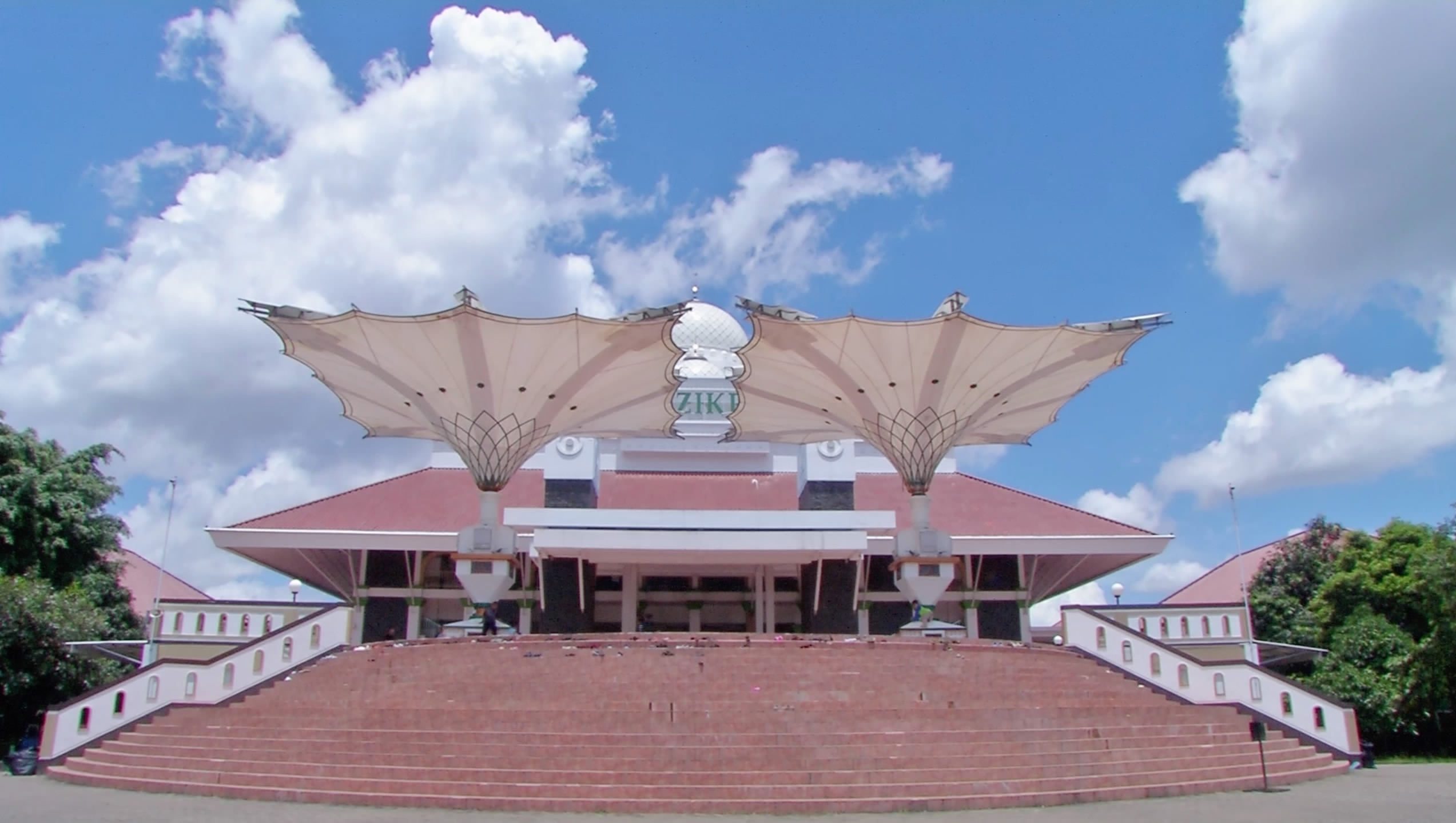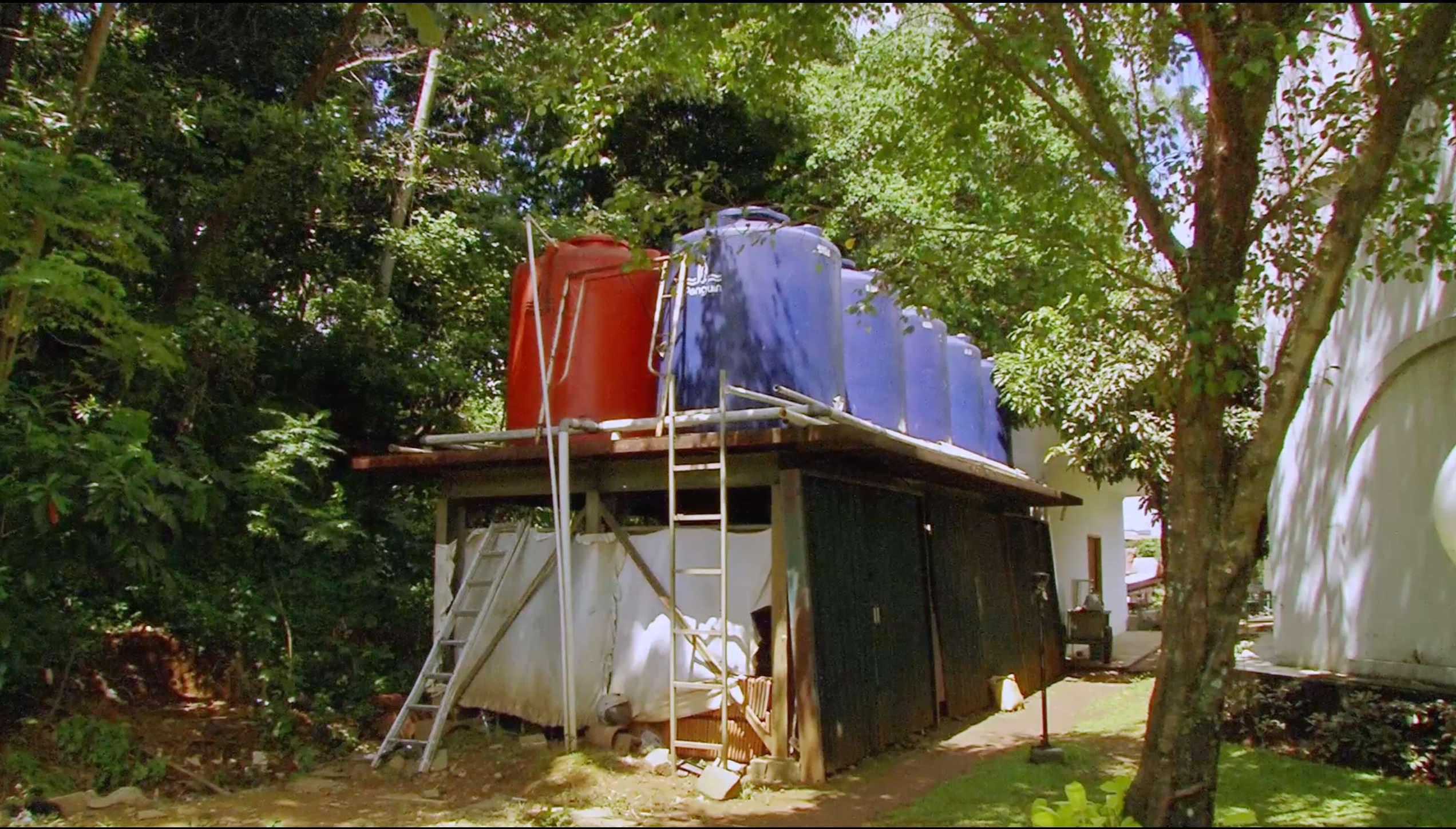
Climate
14:52, 21-Feb-2018
Mosque helps lead environmental initiative in Indonesia
By Silkina Ahluwalia

In an effort to reduce the threat of climate change, Indonesia’s largest religious organization has teamed up with the government to launch a program that requires all mosques to become environmentally friendly.
One of those mosques is Az-Zikra, situated just outside the city of Jakarta, in the hilly town of Sentul in Bogor, West Java. The mosque is surrounded by nature with lush greenery and clear lakes nearby.
Hayu Prabowo is the man who initiated the program called Eco-mosque. Hayu has been passionate about the environment from a young age. Today, he has found a way to blend his love for his religion of Islam and the environment. Az-Zikra mosque is one of the first and only mosques that practices green living, and Hayu hopes many mosques around the country will follow in his footsteps.
The initiative was launched by the country’s vice president in late 2017. The government is hoping to establish more than 1,000 eco-mosques around the country by 2020.
What sets the Az-Zikra mosque apart is their eco-friendly infrastructure. They hope to include technology such as solar panels in the future, but for now, they have incorporated a variety of features.
One is the building of a water tank that directly filters out rain-water, providing clean water to the mosque for cooking and showering. The second is the recycling of water that is used for a praying ritual called “Wudhu.”
“This initiative has to be successful or else Indonesia will not be able to survive. Globally, there are 11 cities that are facing a water crisis such as Cape Town, and Jakarta could experience that as well. So if we don’t manage our water well, we could be in trouble. Eco-mosques would tremendously help to alleviate the oncoming water and energy crisis,” Hayu asserted.

CGTN Photo
CGTN Photo
Those are the two crises that Hayu hopes to solve. However, he mentions another issue which they are working on tackling soon. Food security remains a problem for many in Indonesia, so Hayu hopes his eco-mosque could help with that problem as well.
The program is led by Indonesia’s Ulema Council, one of the country’s top religious organizations. This isn’t the first time the organization has taken a serious stance on environmental issues. Back in 2016, they issued religious decrees against illegal forest fires and wildlife trafficking. That move shows how serious Indonesia is in working to prevent climate change from getting worse in the country.
By having an initiative like Eco-mosque, communities will be taught to use renewable energy, reduce and recycle waste and to have a strong sense of love for the environment.
Indonesia is home to large areas of rainforests, peatlands and mangroves. Unfortunately, the country does not have the best environmental record. As industries expand, those forests are rapidly disappearing.
Tito Aribowo, who studies green living, says Indonesia has improved its environmental record in the past years, with many companies interested in building a green future for the country.
“Indonesia is one of the biggest Muslim communities in the world. Most of us, maybe around 90 percent, are Muslims. The worship activity of a Muslim is one that needs natural resources to do. I’m talking about Wudhu. We need to use a lot of water in a day only for Wudhu. A mosque is not only a place for worship, mosque is also a place for studying, for education so it will be a very good opportunity to spread the green message,” said Tito.
By instilling a love of nature among worshippers and the surrounding communities, the eco-mosque program acts as an important movement to unite Indonesians in fighting the threats of climate change.
5269km

SITEMAP
Copyright © 2018 CGTN. Beijing ICP prepared NO.16065310-3
Copyright © 2018 CGTN. Beijing ICP prepared NO.16065310-3